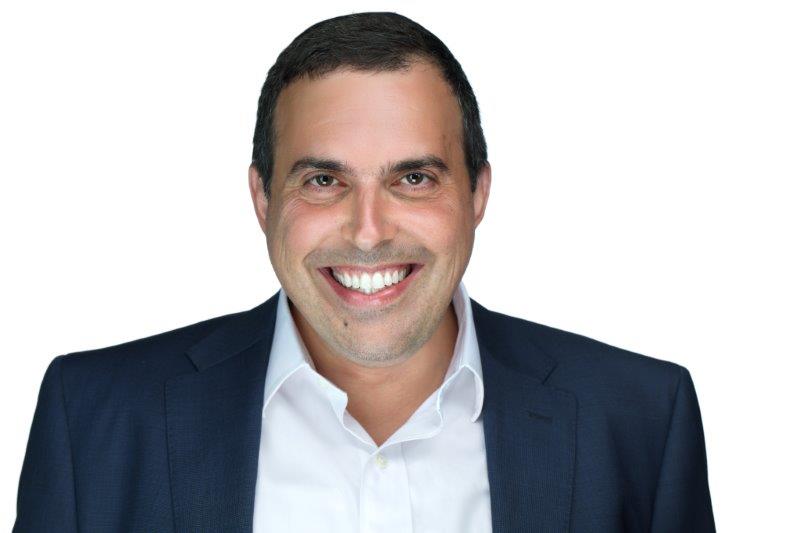People hate to think about death and taxes. However, both are inevitable. Proper planning not only protects assets, but literally can affect end of life issues. One area often overlooked by people are long-term care planning. Often, when people first learn about the need for long-term care, either requiring an aid or nursing home care, it is too late to secure all the benefits had the planning been done earlier. Thus, advanced planning is key. A well-seasoned elder lawyer will focus on four financial concerns for seniors or those with declining health who have assets: 1) protecting assets from expensive long-term care costs, 2) protecting assets from estate taxes, 3) eliminating income taxes for the children when selling assets upon their parents’ death, and 4) making sure the assets pass to the correct people upon death, with the correct management, and without disagreements.
The answer for many of these concerns is to transfer assets to children or to a family trust during one’s lifetime. An attorney can set it up so that there are no adverse tax consequences. If assets will not be transferred during one’s lifetime, a Will can avoid disagreements between children later on.
Many New Yorkers do not realize that they can transfer their assets and shortly thereafter qualify for Medicaid home care. New York nursing home coverage, however, would require a five-year wait after transferring assets. New Jersey has a five-year waiting period for both home care and nursing home care so one should think about these transfers years in advance. While these transfers would require the senior to lose some legal control over his assets, the inconvenience is typically manageable with a customized plan.
One should also use an attorney who is familiar with the halachos of yerushah, to ensure all the halachic issues are dealt with, and who will coordinate with his Rav.
Finally, it is very important for seniors to have a signed Power of Attorney and Health Care Proxy available in case a family member has to step in and assist with financial or health care issues. There are many end-of-life decisions and actions which cannot be made by family members without properly drafted documents. Otherwise, if a person needs are not met, then a guardianship proceeding needs to be filed. These proceedings can be complex, time consuming and expensive and requires court-oversight. Thus, it is best to avoid the need of such proceedings by having properly executed advanced directives. As all our individual situations are different, the first step to secure yourself is to meet with an experienced Elder Law attorney for a consultation based on your specific needs and goals.

Michael Korsinsky, Esq., is a founding partner of Korsinsky and Klein, LLP, a law firm with offices in New York and New Jersey.
You must be logged in to post a comment.